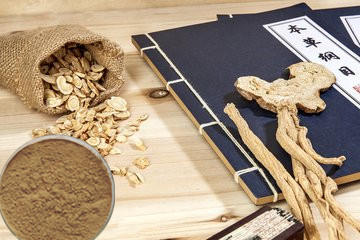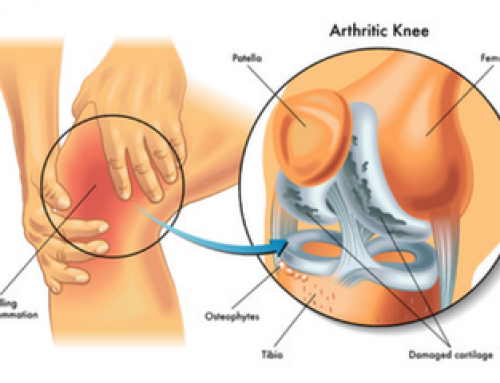Introductiom
Astragalus refers to the roots of the perennial herb Astragalus and Inner Mongolia Astragalus, which are commonly used in Chinese medicine.
Modern medicine has a more scientific division of its effective active ingredients. Including: polysaccharides, triterpene saponins, flavonoids and other ingredients.
Astragalus polysaccharide has a more active therapeutic effect on cardiovascular, immune, endocrine and other related diseases.
The following summarizes its impact on various systems.
The role of Astragalus polysaccharide
1. Effects on cardiovascular diseases
By influencing the expression of transcription factors, adhesion factors and the activation and inhibition of signal pathways to achieve the therapeutic effect on cardiovascular diseases.
2.For the role of the immune system
Induces the expression of MHC class II molecules I-A/I-E on the surface of dendritic cells, reduces the phagocytic ability of DC, and further induces the maturation of DC phenotype and function.
3. The role of the endocrine system
Increase the proliferation of endothelial progenitor cells in diabetic patients. By activating the PI3K/Akt/eNOS signaling pathway, endothelial progenitor cells are activated and differentiated into endothelial cells.
4. The role of the urinary system
It plays an important role in kidney-related diseases.
Astragalus polysaccharide can down-regulate the overexpression of renal medulla AQP-2, and its intervention can also improve the ultrastructure of the kidney, relieve diabetic water and sodium retention, and protect the kidney.
5. The role of the nervous system
It can protect and regenerate the nervous system to a certain extent, and it is a drug worthy of clinical research.
Astragalus polysaccharides can regulate VEGF content, activate PI3K/Akt signaling pathway, promote Akt phosphorylation, regulate downstream target genes, and promote neural stem cell proliferation. VEGF affects calcium channels, increases synaptophysin p38 expression, and promotes neural stem cell neuron differentiation.








Leave A Comment